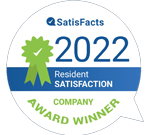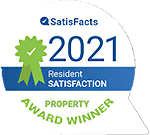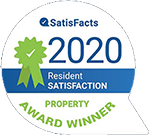Your Home. Our Priority.

Ready to Move in?

We fully support the MHPI Tenant Bill of Rights and Universal Lease at all of our communities. View your rights.



Vance Family Housing offers the quality of living your family deserves and the pricing and flexibility your family needs. Located at Vance Air Force Base, just minutes from Enid and a short drive from Oklahoma City, Vance Family Housing is made up of three distinct, vibrant communities encompassing almost 250 new, renovated, and traditional single-family homes.
Vance Family Housing is managed by Hunt Military Communities, a national real estate services leader that has been providing Service Members and their families with expertly designed homes, fully developed communities, and exceptional management services for over 40 years. Our residents represent Active Duty Members, Retirees, Federal and DoD Employees, Unaccompanied Military Personnel, Military Reservists, and National Guard Members. Neighbors of all ages and interests enjoy the sense of community that comes from living amongst their peers.
We take pride in serving families like yours and strive to make the move-in process as streamlined as possible. That’s why we offer a payment in arrears structure, meaning there are no up-front rent costs and a generous utility allowance.
Leasing: (580) 441-7058
February 27, 2025
Hunt Military Communities (HMC), the largest owner and operator of military housing in the U.S., has achieved over $2.2 million in savings through its Utility Expense Management (UEM) Program and dedicated Utility Management and Sustainability teams. These savings are...
January 29, 2025
Hunt Military Communities (HMC), the largest provider of privatized military housing in the United States, recently celebrated the Pershing Park Whole Home Renovation Project at Kirtland Air Force Base (AFB), with an official ribbon cutting event.
January 13, 2025
Hunt Military Communities (HMC), the nation’s largest provider of military housing, announced today that it has acquired full ownership of Homeport Hampton Roads, a high-performing privatized housing development supporting unaccompanied Navy personnel.